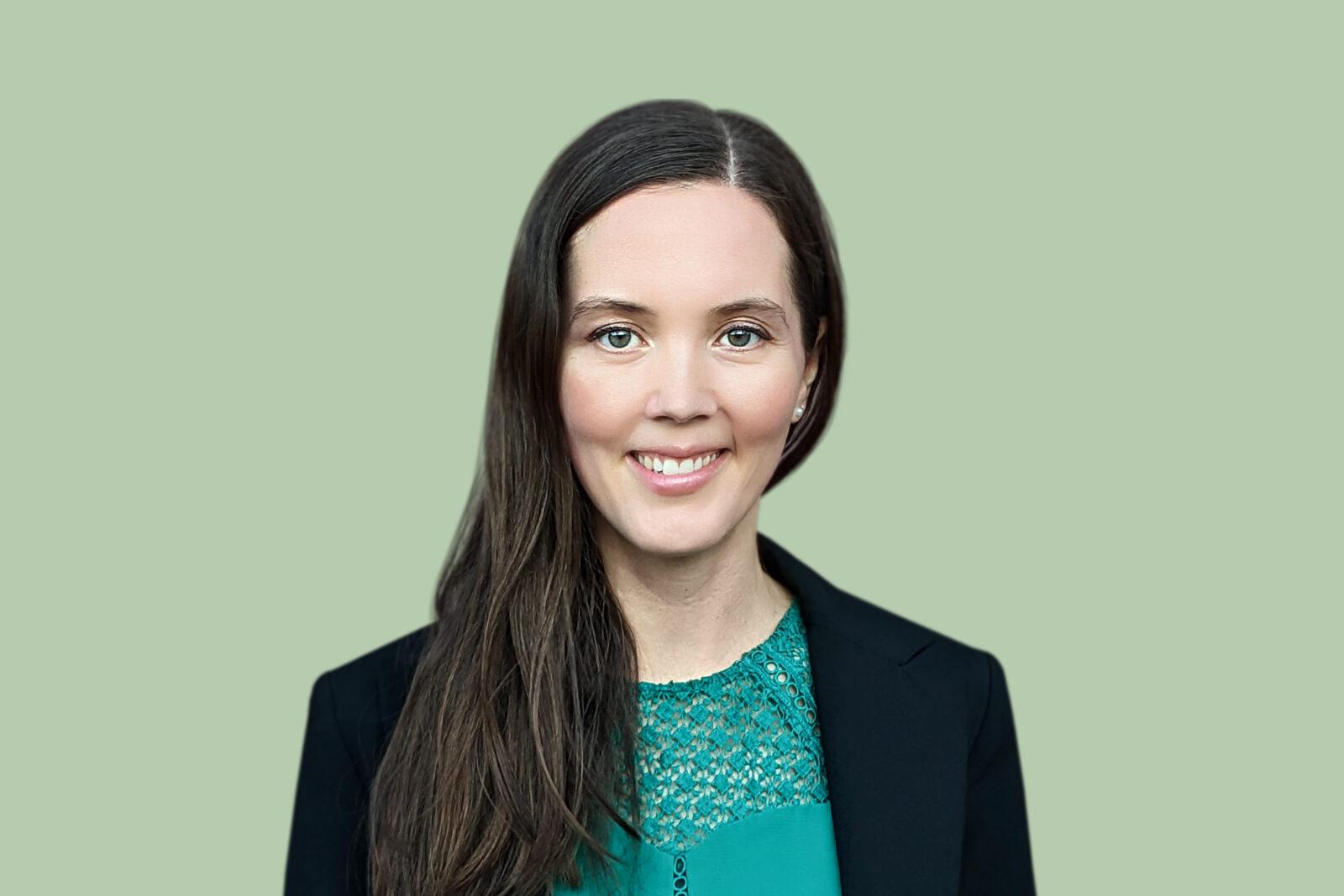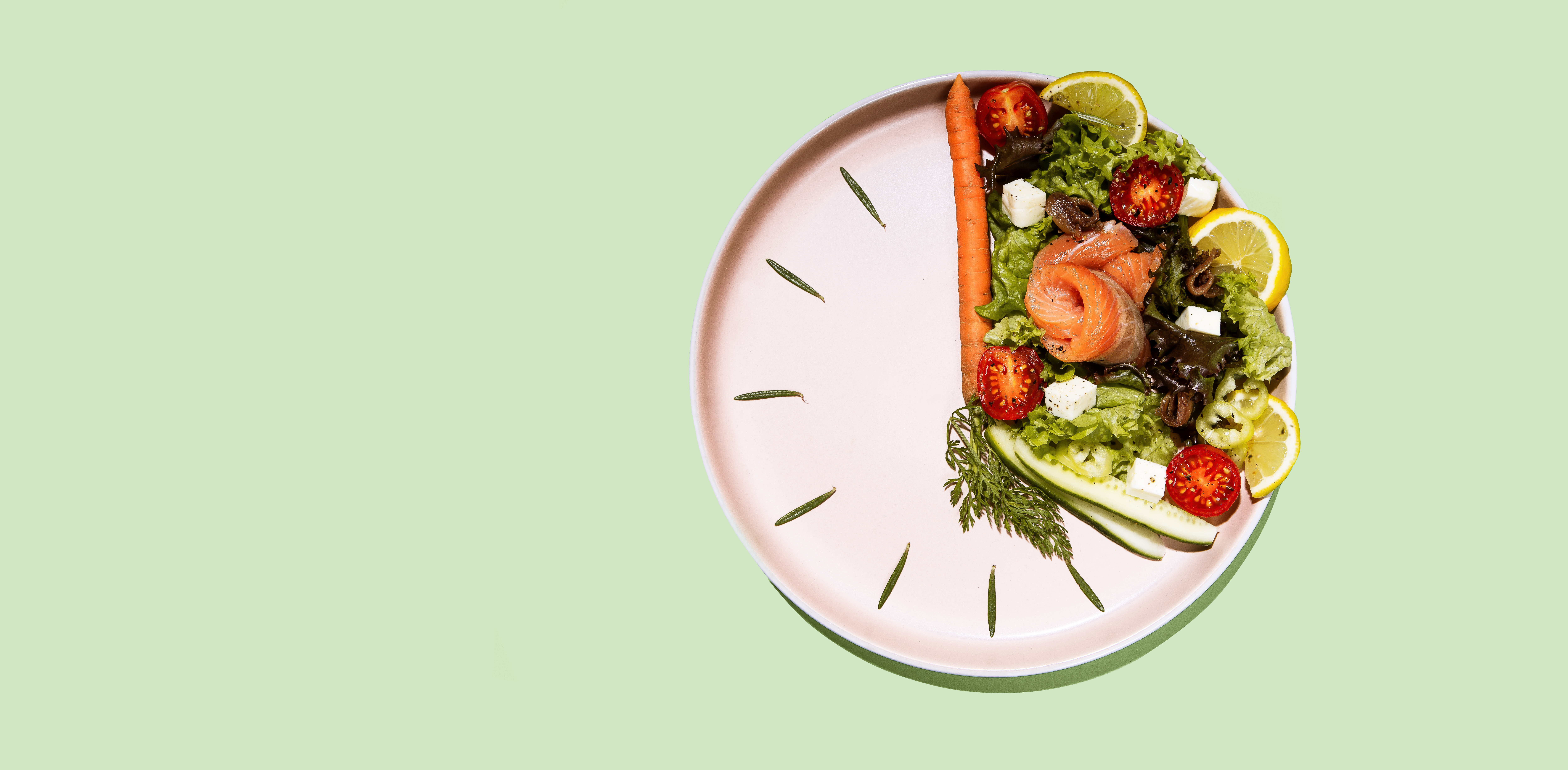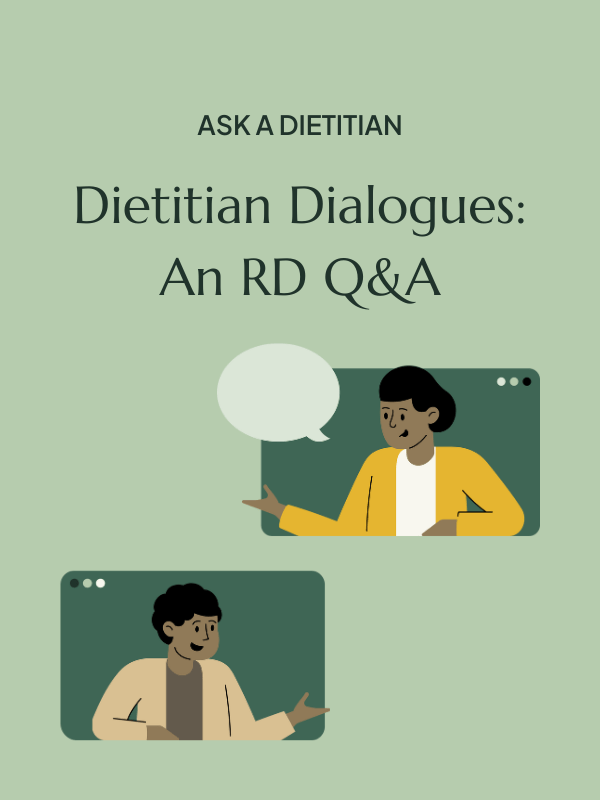
Nicole Plath
Specialties:
Age Group(s):
Patient Populations:
About Nicole
My journey as a dietitian is rooted in a lifelong commitment to serving others. Beginning with my initial healthcare role at the renowned Mayo Clinic and culminating in completing training in 2014, I’ve embarked on a path dedicated to enhancing nutritional well-being and accessible care. Since 2020, I’ve worked to provide virtual nutrition services to clients in their homes, leveraging technology to extend support and guidance.
My experiences as a Peace Corps volunteer in Africa starkly revealed the impact of malnutrition and food insecurity on communities, fueling my determination to address these issues. Additionally, caring for an elderly family member highlighted the critical role nutrition plays in eldercare, igniting my advocacy for their well-being.
Over the past decade, working in skilled nursing facilities across the United States has granted me the opportunity to extend personalized care to diverse individuals while advocating for improved services. Continuously pursuing education, I completed the MONASH University course on The Low FODMAP Diet for Irritable Bowel Syndrome, reflecting my commitment to staying updated in my field.
These cumulative experiences deeply motivate my practice as a dietitian. I am driven by the belief that everyone deserves access to proper nutrition for a healthier, more fulfilling life.
Get To Know Nicole
Favorite cultural dish or comfort food: Any excuse to use ketchup, preferably Heinz.
Go-to morning beverage: Rooibos Tea and Whole Milk
What I listen to for inspiration: Healthy Minds Program
Grocery shopping tip: To ensure food safety, start with fresh produce and end in the dairy or meat aisles as these products are more likely to spoil if left in an unrefrigerated environment for too long.
What’s one small thing someone can do today to work toward a balanced eating pattern/lifestyle? Slow down when eating. Try to savor each bite and pay attention to hunger/fullness cues. Practicing mindfulness fosters a healthier relationship with food and promotes balanced eating habits.
A habit you swear by: Read the ingredient list, even if a magnifying glass is required to do so.
How has your cultural culinary heritage shaped your approach to nutrition, and do you
incorporate any traditional practices into your counseling? Growing up in Minnesota, learning about the importance of seasonality helped to provide more comfort through the winter months. Root cellar crops specifically are still a staple in my diet and no matter your location, learning about what foods are in season throughout the year can help maximize the flavor, nutrition and price of many meals.
Nutrition myth or trend you find particularly annoying and would like to set the record straight: Fresh fruits and vegetables are always healthier than frozen varieties…. Not True! With modern technologies including flash freezing, produce found in the freezer aisle tends to have HIGHER vitamin content than fresh produce.
Language(s):
English
Education:
Bachelors of Science, Nutrition, University of Minnesota
Dietetic Internship:
Mayo Clinic School of Health Sciences
Certificates:
The Low FODMAP Diet for Irritable Bowel Syndrome, Monash University
Counseling Style:
Motivational
Educational
Supportive
Creative
Attentive
We’re in-network with most major insurance plans
Get Started →
Don’t have or don’t want to use insurance? Check out our affordable memberships →





